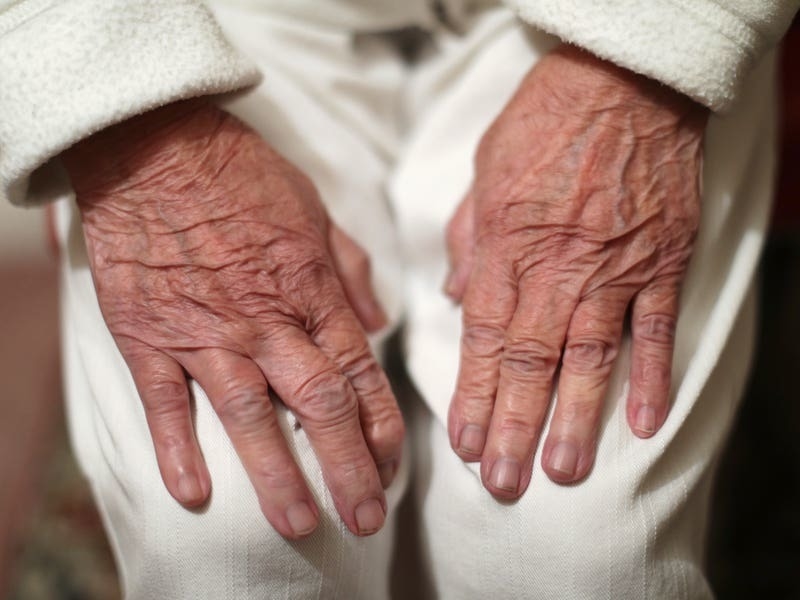A £20 million initiative that aims to tackle the “historically low” numbers of people enrolled into dementia clinical trials is being launched in the UK.
The Dementia Trials Accelerator, funded by the Medical Research Council (MRC), will allow “tens of thousands” to take part in these trials, scientists say.
The UK Dementia Research Institute (UK DRI), which is spearheading the initiative along with Health Data Research UK (HDR UK), said the trials will also help identify large groups of people who are at risk of or diagnosed with early-stage dementia.
The UK DRI said one of the key challenges to breakthroughs in dementia treatments is getting large numbers of volunteers to take part in clinical studies, with close to 80% excluded based on screening procedures.
The academics said the Dementia Trials Accelerator will help speed up the development of new treatments for dementia with faster and more efficient trials.
Professor Siddharthan Chandran, director of the UK DRI, said: “The Dementia Trials Accelerator’s goal is to position the UK as the destination of choice for Pharma and Industry to invest in and run late-phase clinical trials.
“The UK has all the assets to be a trials powerhouse in dementia, from world-class science, cohorts and data infrastructure to a unitary healthcare system.
“The Accelerator will bring together these assets to ensure that people at high risk or living with dementia have every opportunity to participate in clinical trials.”
Science Minister Lord Patrick Vallance said: “Dementia is a dreadfully cruel condition, but breakthroughs in research give us hope that it can become increasingly treatable within our lifetimes.
“Delivering rigorous clinical trials, at pace, is important to enabling progress in this field and to putting Britain at the forefront of progress in dementia treatment.
“The Dame Barbara Windsor Dementia Goals programme and the Dementia Trials Accelerator will help to bring down the barriers preventing this from happening.”
“My husband and I were privileged I was accepted for the recent NorAD trial, and we await its results.
“Hopefully, our contribution and that of others in such trials will speed up an understanding, and eventual eradication, of this terrible disease.”






